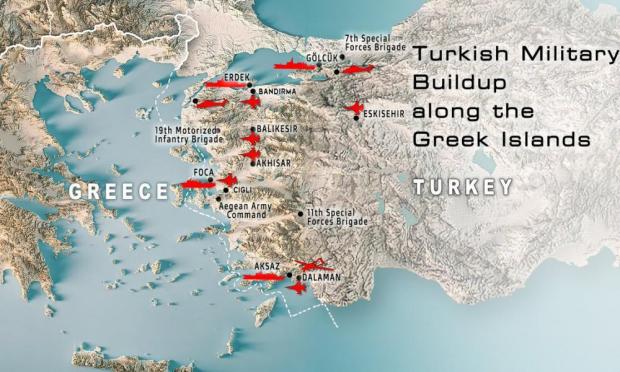Truly outrageous under international law is the great pressure that the Bulgarians are under from the alliance (NATO) not to react to the Russian moves, which have imposed a partial blockade of the Bulgarian EEZ..... for military exercises.
"Bulgaria is negotiating with its allies and NATO on how to respond to Russian provocations in the Black Sea, in particular to Russia's partial blockade of the Black Sea exclusive economic zone," media reports said.
Bulgaria's Defence Minister Todor Tagarev said Russia declared part of the Bulgarian economic zone in the Black Sea closed to shipping until the end of September due to military exercises in the area.
He said, "Bulgaria sees this as a big challenge", (but Bulgaria cannot do anything in the declared EEZ or at least does not allow them).
Tagarev: "Bulgaria is discussing the kind of response to Moscow to these provocations, both independently and with our NATO allies."
The month is 14 today and the Russian NAVTEX is theoretically valid until September 30, 2023, so when will Bulgaria respond to the Russian side?
Of course, none of this is true and here we have once again a case similar to the Turkish provocations in the Aegean.
NATO, i.e. the US, judges that they do not want any Bulgarian move against the Russians in the Black Sea for their own plans, which is why they are pushing Sofia to "gargle" the Russian NAVTEX.
Probably in the US they fear in any case in the region a possible movement of nuclear submarines or other warships, or even the involvement of Russians and Turks in the matter, while the US administration has its own plans in the region against Crimea.
Greece is known to accept the US's demands on the Aegean issue against Turkish provocations in the form of NAVTEX and NOTAM in the Aegean, "occupying" on paper, Greek territories, which is why we have these Greek-Turkish talks that are more reminiscent of "Monday theater".
But the essence of the Bulgarian case reveals to us that wherever NATO's interests are affected, i.e. those of the USA, we have crude intervention aimed at 'normalisation' at the expense of the 'defender' which in one case is Bulgaria and in the other Greece.
But nowhere will we see any intervention by the alliance in these matters against countries such as Turkey, Italy, Britain, for example, for obvious reasons.
Recently, the Greek Foreign Minister went to Ankara to discuss supposedly confidence-building measures with the Turkish side, and ended up listening once again to the Turkish narrative of "Turkish islands and the Blue Homeland", because that is what it is all about, since the Turks not only do not back down but ask for even more.
So what is NATO's reason and attitude to the provocations of big countries against smaller ones on issues of violation of international law?
Nothing at all but words, words, words and statements by representatives of the alliance with a neutral stance in which the organisation is simply 'washing its hands', whereas this doctrine has been passed down to a whole generation of politicians.
Unfortunately, a whole generation of Greek politicians has been nurtured with the fairy tale of cooperation with Turkey as a solution to Ankara's expansionist policy.
This, as a theory, is the biggest foreign policy mistake since Alexander the Great and the Persian expansionist policy then, which was similar to today's Turkey.
The Turks are preparing their defense industry in the midst of a terrible economic storm, building ships, aircraft, drones, unmanned vehicles and more.
What is all this for?
For Hellenism of course and only for it, since it is an obstacle to Turkish plans.
The question for the White House and NATO is whether they are prepared for all these scenarios, and whether the Greek political elite is prepared?



